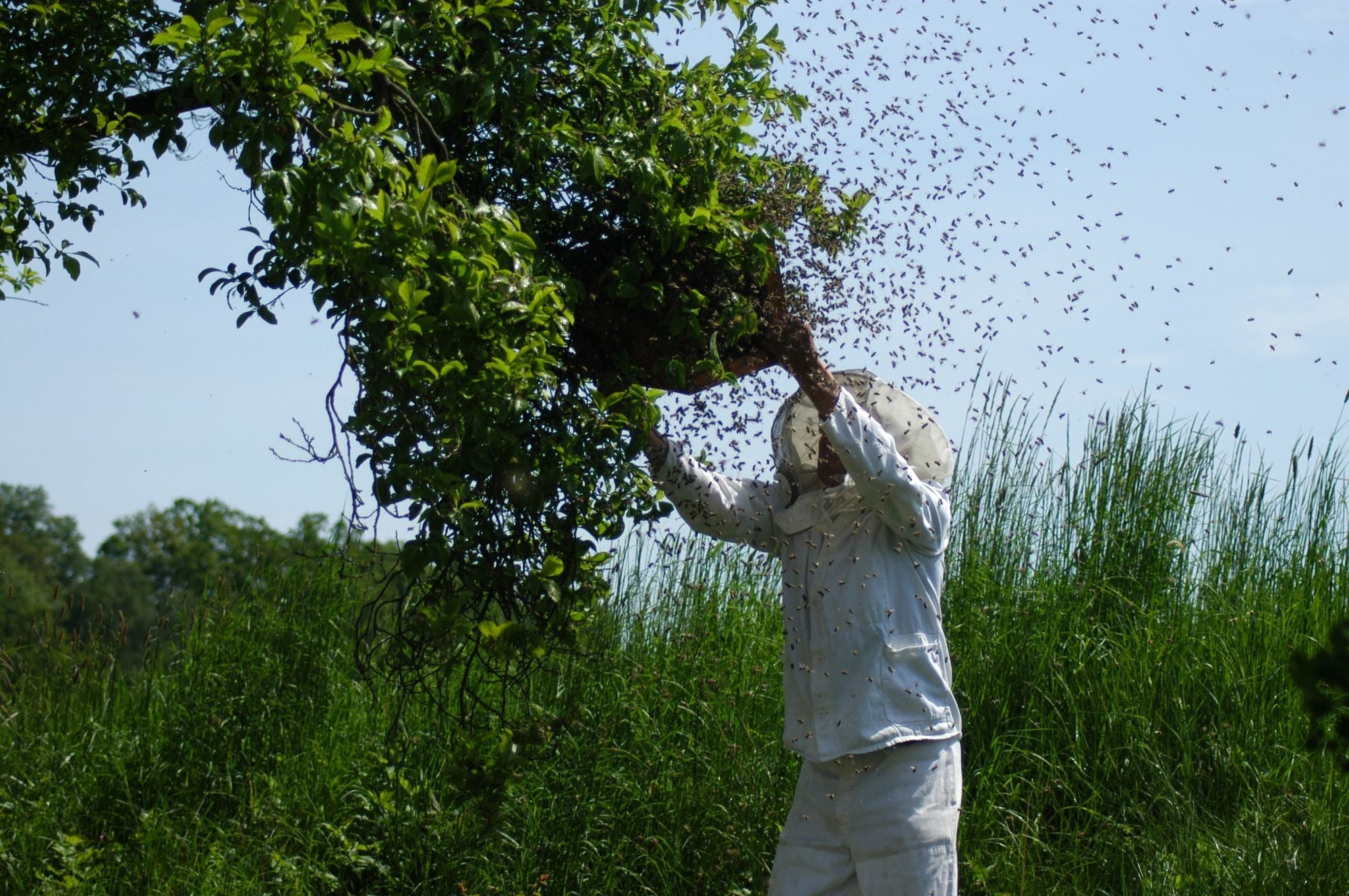What new beekeepers get wrong
And how to get it right
There’s a lot to learn when you’re a brand-new beekeeper. You have to get your head around hive positioning, inspections, feeding and harvesting, not to mention managing pests and other problems. It’s no wonder beginner beekeepers tend to make mistakes – it’s inevitable.
But unlike most other hobbies, where getting it wrong just means wasting money on gear or knitting an ugly scarf, making mistakes in beekeeping affects thousands of living creatures. If you underfeed, overharvest, miss problems or lose your queen, your bees could die and your colony could collapse.
Of course, you can’t avoid every single mistake, but by planning ahead, reading articles and blogs, and talking to experienced beekeepers, you can side-step some of them.
Here’s our guide to the most common beginner beekeeping mistakes – and what to do about them:
1: Lack of preparation
You can’t just jump into beekeeping on a whim – you need the right gear, appropriate space, and at least some knowledge about bees andlocal beekeeping rules.
Lack of preparation could mean unhappy bees, stings, or even getting in trouble with your state government. Not the best start.
So, make sure to do your research and register your hives before you start. Suit up properly every time, even if you’re just doing a quick hive check. If you don’t, you could get a painful lesson from the bees themselves.
2: Hive positioning problems
Hive placement may seem insignificant, but getting it wrong can make a big difference to you, your neighbours, and your bees.
Face your hive entrance towards your neighbours, and you could end up with bees flying into their property and bothering them. Place it in too sunny a spot and your bees could overheat in the hot Aussie summer. Put it on a remote part of your property, and you might regret it every time you have to walk to do a hive inspection.
Avoid issues by choosing a shady spot, facing your hive entrance away from highly trafficked areas, and keeping it reasonably handy to home.
3: Over-inspection
When you’re a new beekeeper, hive inspections are pretty exciting – you want to see how your brand-new bees are going! But even though hive inspections are important, inspecting too often can be an issue.
Opening the hive, however gently, is stressful for your bees – in fact, it can take them a couple of days to get back to their normal routine. You do need to keep an eye on your hives, but inspecting once every 2-4 weeks is plenty.
4: Neglecting your notes
Because opening the hive disturbs your bees, you need to make the most of every inspection. That means taking detailed notes every time. If you rely on memory, you’re likely to miss important changes and developments in the hive.
Your notes should include observations about population, activity, number of eggs and larvae, visible queen cells, general mood, and anything else that stands out. If you make notes every time, you can see trends and start to understand what’s happening in your hive.
5: Over-harvesting honey
Honey is the end-goal of beekeeping, so it’s natural to want to get harvesting ASAP. But that’s not the best option for your bees.
Honey is what sustains bees through the winter, so if you take too much, they may not survive. Many experienced beekeepers recommend not taking any honey from a colony in its first year. After that, make sure to leave enough to feed your bees through the cold season – in Australia, that means around 18kgs, or 8 full frames of honey.
6: Losing the queen
The queen is the heart of the colony – without her, you get no eggs, no new workers, and a declining population in the hive. If you notice too late, it can be difficult to replace the queen, rebuild the population and restore the colony.
Losing your queen sounds dramatic, but it can happen without you noticing. For a while, your bees will continue to gather nectar and make honey as usual. The first signs of queen loss include a lack of eggs, larvae, and brood. Check for these things every time you inspect your hive, and if you notice a decline, check that your queen is still around.
Patience, practice and time
Like any new skill, beekeeping takes patience, practice, and time. You will make mistakes, but if you’re organised and knowledgeable, you might just avoid the worst of them.

